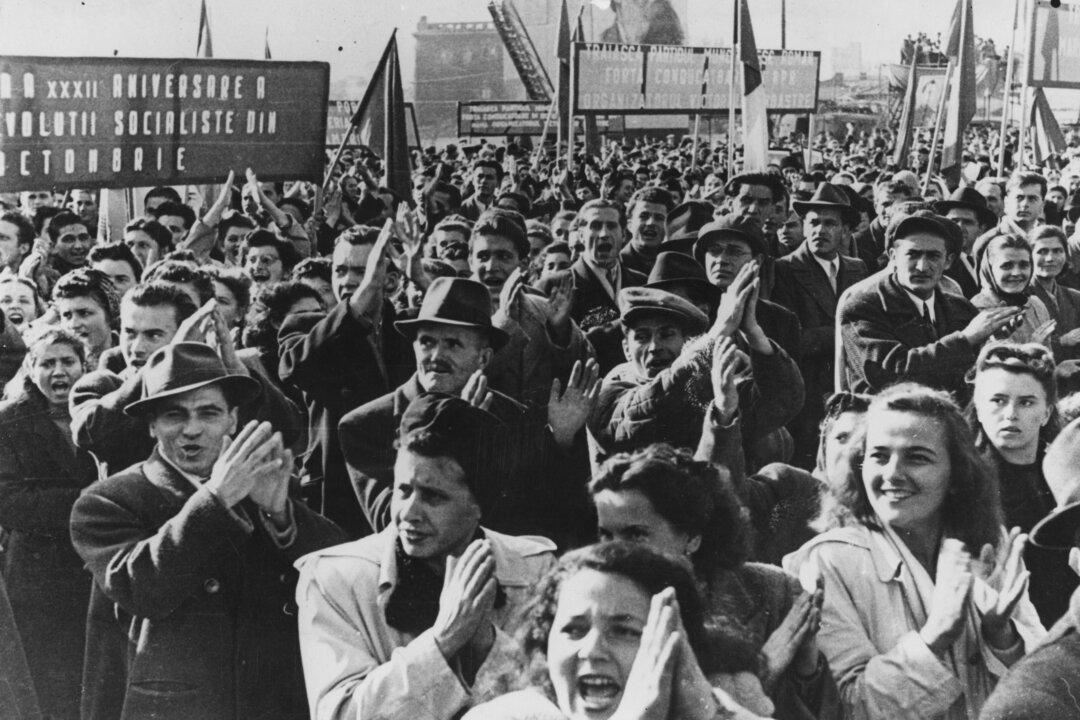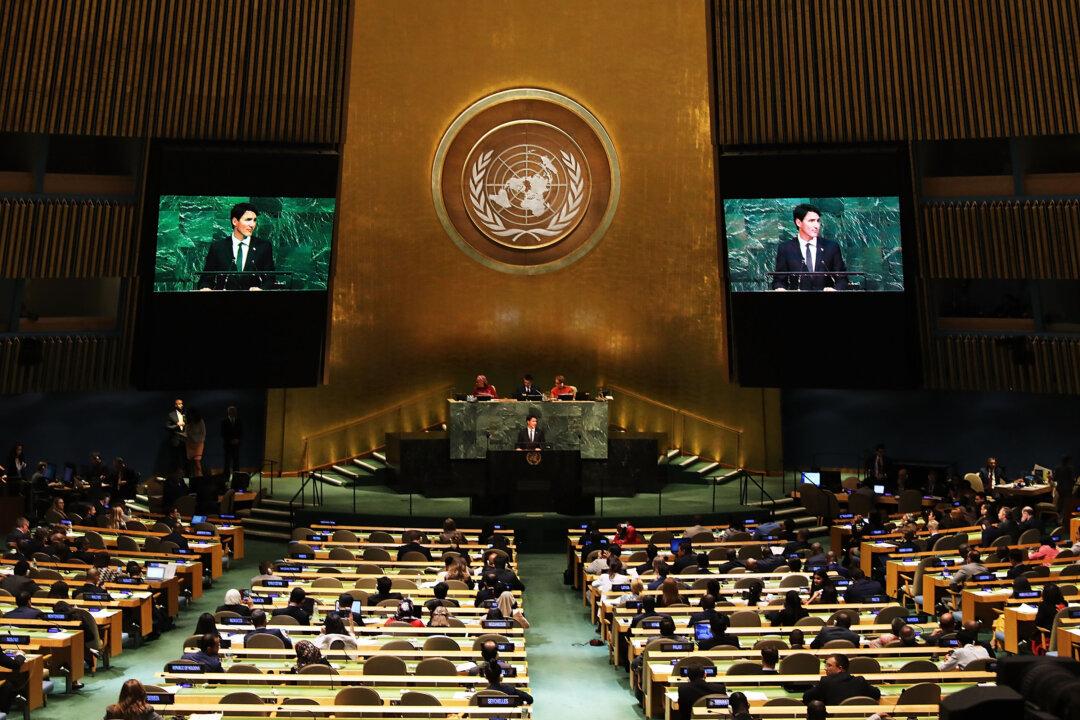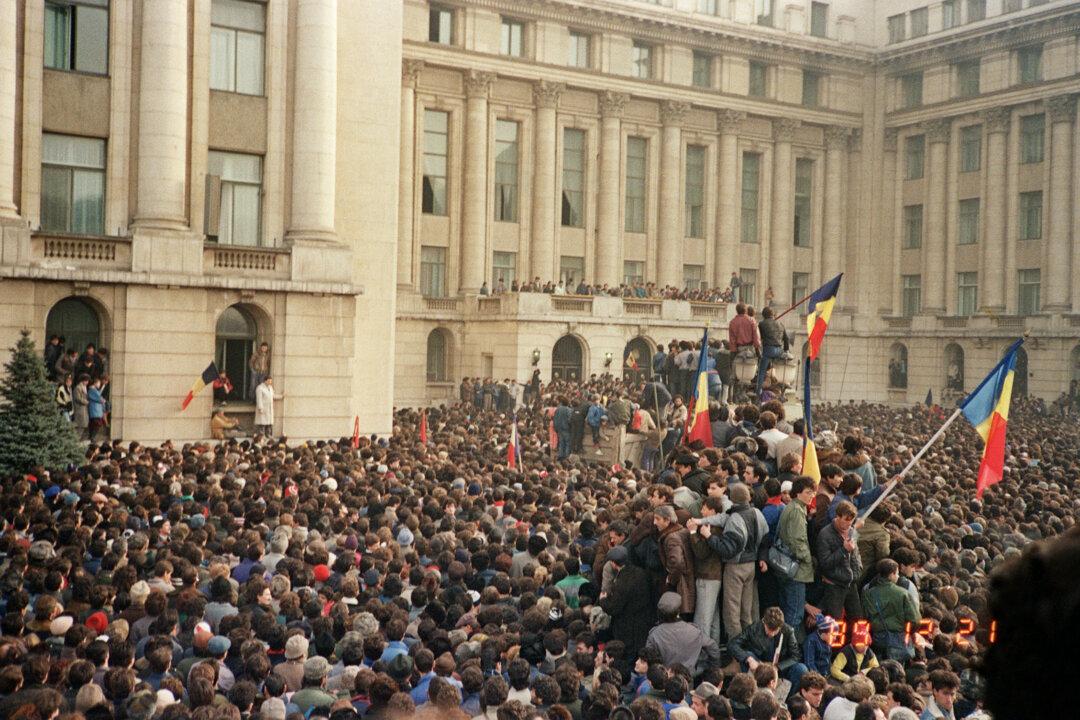As a teenager, every year I had to sit through indoctrination classes on “scientific socialism.” This ersatz science was invented by Karl Marx and Friedrich Engels as a theory to explain the processes of transforming society from capitalism to communism, to define the “laws” of the revolution that would occur, and to describe the tactics to be employed by the “proletariat” against the “bourgeoisie.”
I watched my bleary-eyed classmates sit through these sessions, knowing full well that the theory discussed in class had nothing to do with the reality outside.



